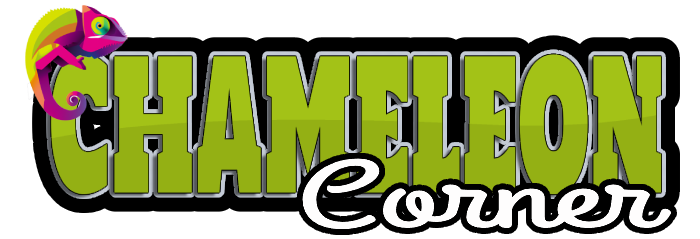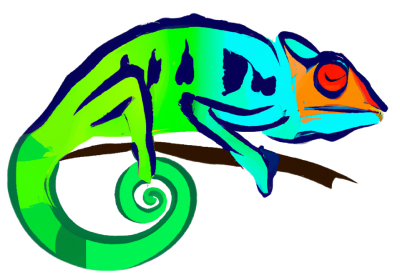Chameleons are fascinating creatures known for their ability to change colors and their unique hunting techniques. As exotic pets, they require special care and attention, particularly when it comes to their diet. While providing a varied diet of live insects is essential for their health, certain supplements are also crucial to ensure they receive all the necessary nutrients they need to thrive in captivity.
Here’s a comprehensive guide on the essential supplements you should consider adding to your chameleon’s diet:
- Calcium: Calcium is vital for chameleons to maintain healthy bones, prevent metabolic bone disease, and support muscle function. Dusting feeder insects with calcium powder before feeding them to your chameleon is a common practice. Ensure the calcium powder does not contain phosphorus, as an imbalance between calcium and phosphorus can lead to health issues.
- Vitamin D3: Chameleons require adequate vitamin D3 to absorb calcium effectively. In their natural habitat, they obtain vitamin D3 through exposure to sunlight. However, for chameleons kept indoors, it’s essential to provide a vitamin D3 supplement. Look for supplements specifically formulated for reptiles and follow the dosage instructions carefully.
- Multivitamins: While a varied diet can provide many essential vitamins and minerals, it’s still beneficial to supplement with a reptile-specific multivitamin. These supplements can help fill any nutritional gaps in your chameleon’s diet and support overall health.
- Gut-loading Insects: Gut-loading is the practice of feeding nutrient-rich foods to feeder insects before offering them to your chameleon. This process enhances the nutritional value of the insects, making them more beneficial for your pet. Foods such as leafy greens, carrots, and commercially available gut-loading diets are excellent options for gut-loading insects.
- Water: While not a traditional supplement, ensuring your chameleon has access to clean, fresh water is essential for their health. Some chameleons may drink water droplets from leaves, while others may prefer a shallow dish. Misting the enclosure regularly can also help maintain humidity levels and provide hydration.
When supplementing your chameleon’s diet, it’s crucial to follow dosage recommendations carefully. Over-supplementation can be harmful to your pet, leading to health issues such as vitamin toxicity. Additionally, always consult with a veterinarian or experienced reptile keeper for personalized advice on your chameleon’s specific dietary needs.
In conclusion, providing the right supplements is crucial for maintaining the health and well-being of your pet chameleon. By incorporating calcium, vitamin D3, multivitamins, and practicing proper gut-loading techniques, you can ensure your chameleon receives all the essential nutrients it needs to thrive in captivity. Remember to prioritize a balanced diet, adequate hydration, and regular veterinary check-ups to keep your chameleon happy and healthy for years to come.

